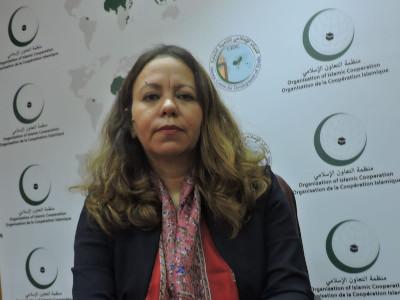Global FDI collapsed in 2020, falling by 42% to an estimated USD859 billion, from USD1.5 trillion in 2019. FDI flows have also considerably declined in member countries of the IsDB. The steep decline in greenfield announcements and international project finance in Africa and Asia is a cause for major concern. Without investment in the productive sectors of the economy, developing countries will struggle to rebuild from the effects of the COVID-19 pandemic.
In parallel, countries implemented investment policies to tackle the devastating economic and social effects of the COVID-19 pandemic. Numerous countries around the globe have taken measures in support of investment or for protecting critical domestic industries in the crisis. Support measures include the speeding up of investment approval procedures, the accelerated use of online tools and e-platforms, COVID-19-related services of investment promotion agencies, incentive schemes for health-related R&D, medical supplies, the acquisition by states of equity in struggling domestic key companies as well as state loans and guarantees for domestic suppliers in value chains. To protect their health sector and industries in other sectors considered as particularly important in the crisis, several countries have tightened foreign investment screening mechanisms, introduced new regulations or are planning such steps. Other State interventions in the health industry include mandatory production and export bans for medical equipment, as well as reduction of import duties for medical devices. In this context, the IsDB and the ICDT have taken a number of steps to respond to the crisis and to mitigate its impact on their member countries’ development objectives.
Issues to be discussed
- What was the impact of the pandemic on FDI flows to IsDB countries?
- What are the main policy responses taken by the IsDB and ICDT?
- How can the cooperation between UNCTAD, IsDB and ICDT be strengthened on issues related to investment trends and policies?







